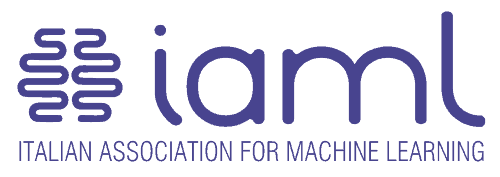- LIVE
AI Webinar • May 26th, 2021 • 7:00 PM CET
Efficient Transformers
Efficient Transformers
Fireside chat with Transformer inventor Lukasz Kaiser
Transformer models have been used in a variety of fields and yield great results on many NLP tasks. But between the BERT, GPT-3, and many other variants, they can be inefficient and it can be hard to apply them.

Lukasz Kaiser
Staff Research Scientist at Google and CNRSOUR GUEST
About Lukasz Kaiser
Lukasz is a deep learning scientist working on sequence-to-neural network sequence models as part of the Google Brain team. He is the co-author of Transformer, one of the most important neural network architectures of today.
He has also been one of the main developers behind Trax, part of the TensorFlow deep learning platform, which was dedicated to accelerating ML research by providing recognized implementations of many algorithms, along with datasets to easily reproduce published results.
He demonstrated that neural networks can learn complex discrete algorithms, such as long multiplication, just from examples. He also worked on natural language processing and constructed state-of-the-art NLP systems for many tasks including translation and summarization




